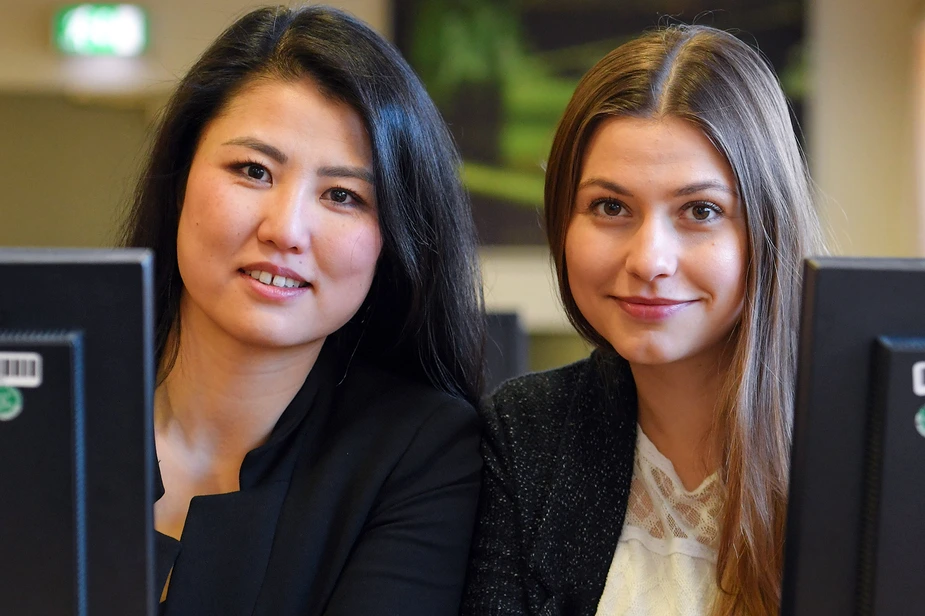Well networked for the future
Short paths are a good basis for cooperation projects – that are also funded by a fair number of initiatives in the Technology Park
What do researchers work on? What innovations do companies need? Answers to these simple, yet essential questions can be found at “Economy Meets Science”, an annual event organised by Humboldt University of Berlin (HU) with the support of WISTA. At the last event of this series, scientists presented their field based research, and companies their current research needs for the field “Nano Range Analytics”. “The object of the event is to reconcile supply and demand and initiate research cooperation projects,” explained Olga Mergenthaler, Project Manager of WISTA Business Support.
Cooperation and exchange projects are the best guarantee of this, which is why there are so many initiatives on the Campus promoting this working together. Among others, in computer sciences as well. By hosting the Informational Evening for Science Cooperation Offers in the IT Field, the HU Computer Sciences Institute, the Berlin University of Applied Sciences for Engineering and Economics (HTW Berlin), and the Society for the Advancement of Applied Computer Science GFaI are generating synergies. This involves inviting interested companies and scientists to present the economy’s need for research and cooperation in the IT field, including five-minute pitches or a poster presentation.
Since as far back as 1992, the Joint Initiative of Non-University Research Institutes in Adlershof (IGAFA) has been bringing together researchers and entrepreneurs at joint science events, in active networking (e.g. Academic Lunch), in hosting services to international guests, and in running meeting centres. IGAFA organises about 100 events a year. “The transfer is organised so successfully because Adlershof Technology Park has access to an extensive infrastructure,” explained Managing Director Ursula Westphal. “Not only the IGAFA`s great many events bring together the right people and help them to identify the doers they need.” She continued that a large number of successful, dedicated networks have now emerged at and with Adlershof establishments, for instance Optec-Berlin-Brandenburg (OptecBB) and the association for renewable energy research FVEE.
One essential pillar for cooperation between science and the economy is Humboldt Innovation GmbH. It designs and organises a great many formats for its networking, which have already given rise to a large number of joint research projects. “In particular the Adlershof Campus is predestined for this,” said Innovation Manager Tianni Wei. “Our target is to create platforms for getting to know one another and for sharing ideas and experience leading to the recognition and utilisation of cooperation potential,” stressed Wei, explaining that cooperation projects do not arise at short notice, but rather in the medium to long term following regular exchange.
By Chris Löwer for Adlershof Special
